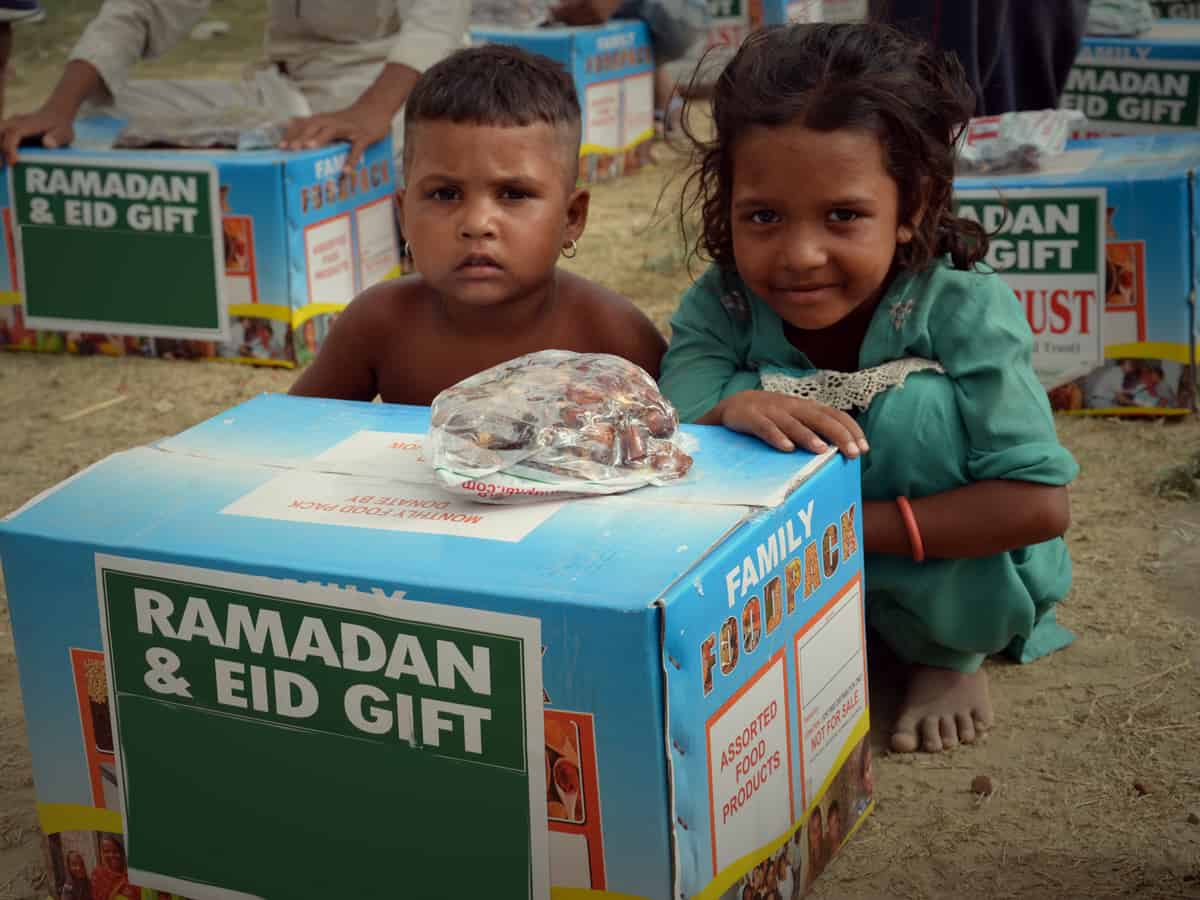
Zeenath Khan
Alas, no sirens announce this glorious crescent moon; for days the muezzin’s call has fallen silent too. Although it’s been nothing but bleakness of late, at last we have cause to celebrate. The tiny sliver of light which peeks at us from beyond our windows means the month of Ramadan is nigh and we must to Allah give our thanks. No matter where in the world you are, on the first night of Ramadan, recite Surah Fateha and Inshallah, misfortune and calamity will keep afar.
Without a doubt, upon mankind disaster has struck, thousands have perished, countless more lie stricken on hospital beds, and struggle on machines to draw each breath. This scourge has not differentiated between prince or pauper. It has penetrated the farthest corners of the earth and altered our lives beyond belief. The poor struggle for their daily bread, educated city folk wait in dread to receive a mail that says, “We are terribly sorry, but we have to let you go.” Many are torn apart from their kith and kin. Some wait for the skies to open up so they can unite and others are desolate that no bus or train will carry to the safety of their homes from increasingly hostile lands.
In a state of isolation, we commence this blessed month and can’t help but experience twangs of nostalgia for jolly Iftaars of the past. How dull it is, to acknowledge that not even one evening can we spend in the company of extended family and friends. And, as the writer’s weary fingers click on keys of a laptop, her mind wanders to the band of mendicants that thronged the pavement next to a mosque behind her apartment building in Bandra, Mumbai. During the month of Ramadan, post asr prayers they congregated and then in groups of fours and fives sat huddled together on patchwork sheets laid over the pavement’s uneven surface. Amongst them was a blind man, always dressed in an immaculate white kurta-pajama and crocheted cap. He never sat down, he stood alone, away from the rest. When anyone dropped food or money into his bowl, his lips moved in silent prayer. What has become of those poor souls? Do they still wait by the mosque’s gates, hoping that someone will show mercy on them?
In the Bandra’s by-lanes, around provision stores, street children conceal themselves from lathi-wielding policemen and ambush shoppers on missions to stock up on essentials. They are either oblivious or unmindful of the dangers associated with making close physical contact with other people. And, when the alternative is death from starvation, who can blame them? Unfortunately, circumstances have made many homeless and destitute throughout the world.
Five miles from me lie the labyrinthine alleys of Dharavi, Asia’s most populated slum: with 700,000 people crammed inside an area of a little over two square kilometres. Despite the government’s best efforts, Dharavi has seen a rapid increase in COVID-19 cases. Given prevailing living conditions (common toilets and water taps) social distancing isn’t practicable and virtually possible. For the many day laborers who toil in Dharavi’s now closed local shops and small factories, the future holds no promise of wages. In the infernal heat of Dharavi’s tin-roofed shanties, entire families are eating rice with salt three times a day.
So, readers, if you have scrolled down till here, the writer has but a single line to share, uttered by our beloved Rasoolillah. ‘He who sleeps on a full stomach while his neighbour goes hungry is not one of us.’ The writer need not remind, of the blessings Allah showers upon those who share even a single date with the hungry during this blessed month. Remain blessed and help others.
Zeenath Khan is a Mumbai-based writer

